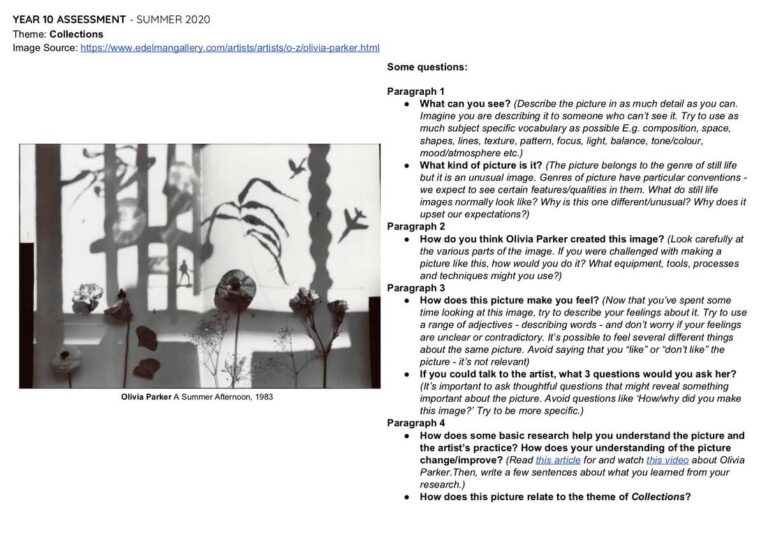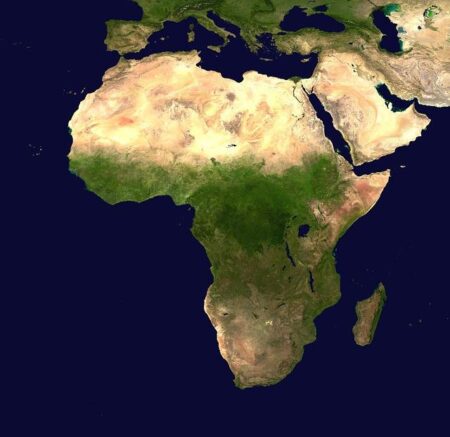Ceasefire Agreement in the Democratic Republic of Congo: A New Hope for Stability
In a significant move towards restoring tranquility in the tumultuous eastern region of the Democratic Republic of the Congo (DRC), a ceasefire has been established between the government and the M23 rebel faction. This agreement, reached after extensive discussions facilitated by Qatar, comes at a time when violence and humanitarian crises have led to widespread displacement and suffering among local populations. The primary goal of this truce is not only to cease hostilities but also to initiate deeper conversations regarding the fundamental issues fueling this conflict. As both parties gear up to implement this agreement, observers express cautious optimism while underscoring the necessity for ongoing international involvement to secure enduring peace in the area.
Ceasefire Agreement and Its Impact on Regional Peace
The recent truce between DR Congo and M23 represents a crucial juncture in Central Africa’s intricate political landscape. With Qatar’s mediation playing a pivotal role, this ceasefire highlights an increasing global commitment to resolving conflicts that jeopardize regional stability. The ramifications extend beyond merely halting violence; they lay down groundwork for sustainable peace initiatives.Several key elements will influence how effectively this agreement can be realized:
- International Monitoring: Involving impartial mediators can foster trust among conflicting parties.
- Community Involvement: Engaging local civil society organizations ensures that affected communities have their voices represented.
- Reforming Security Forces: Addressing underlying causes through military reforms can help avert future conflicts.
The initiation of peace talks between DR Congo and M23 is expected to alter regional dynamics significantly. Neighboring nations with historical ties to cross-border disputes are likely keeping a close watch on developments here. This ceasefire could lead to improved diplomatic relations and economic collaboration across borders as understanding complex relationships among various militias becomes essential for lasting peace. Below is an overview table detailing key stakeholders involved in this process along with their respective roles:
| Stakeholder | Description |
|---|---|
| The Government of DR Congo | Main negotiator responsible for implementing terms of ceasefire. |
| M23 Rebel Group |
Qatar’s Mediation Role: A Fresh Perspective on Conflict Resolution in Central Africa
A notable development towards enhancing regional stability has emerged from Qatar’s facilitation efforts leading up to this ceasefire between DRC and M23 rebels. This breakthrough illustrates Qatar’s growing influence as an intermediary in some of today’s most complex global conflicts, showcasing its innovative approach toward negotiations while emphasizing non-conventional actors’ importance within peace processes.This mediation aligns with Qatar’s broader foreign policy goals aimed at establishing itself as a significant player in international conflict resolution efforts.
The success behind these negotiations stems from several factors enhancing Qatar’s mediation capabilities:
- Bipartisan Approach:This neutral stance allows all parties involved feel more comfortable during discussions.
- Diplomatic Investment :Qatar has heavily invested resources into developing its diplomatic infrastructure which enables effective negotiation strategies .
- Regional Connections :Strong ties with various countries provide insights into local geopolitical contexts .
This newly established ceasefire opens doors toward achieving long-term stability within DRC , demonstrating how creative mediation techniques can yield positive results .Qatar ’s ongoing engagement signifies dedication towards resolving disputes through dialog , setting benchmarks for future international mediations .
Strategies For Sustainable Peace In DR Congo Moving Forward
The recently brokered truce signifies an significant milestone on DR Congos journey toward achieving lasting harmony amidst years marked by turmoil. Facilitated by Qatari diplomats ,it presents vital opportunities enabling all stakeholders address core issues driving unrest.Central focus should revolve around fostering inclusive dialogues involving governmental entities alongside grassroots organizations & global partners alike moving forward ; thus ensuring thorough approaches are adopted :
- Enhancing Governance & ; Rule Of Law :Promoting clarity builds public confidence deterring potential insurgencies down line .
- Socio-Economic Initiatives :Investments targeting education/infrastructure alleviate poverty reducing armed conflict appeal amongst marginalized groups.
- Reconciliation Programs :Facilitating community dialogues fosters healing & understanding post-conflict situations.
- Regional Cooperation Efforts : Cultivating partnerships addressing cross-border security challenges enhances overall stability across regions involved.
| Strategy | Description | |
|---|---|---|
| <b Dialogue Platforms | Facilitating discussions amongst conflicting factions/community leaders. | |







